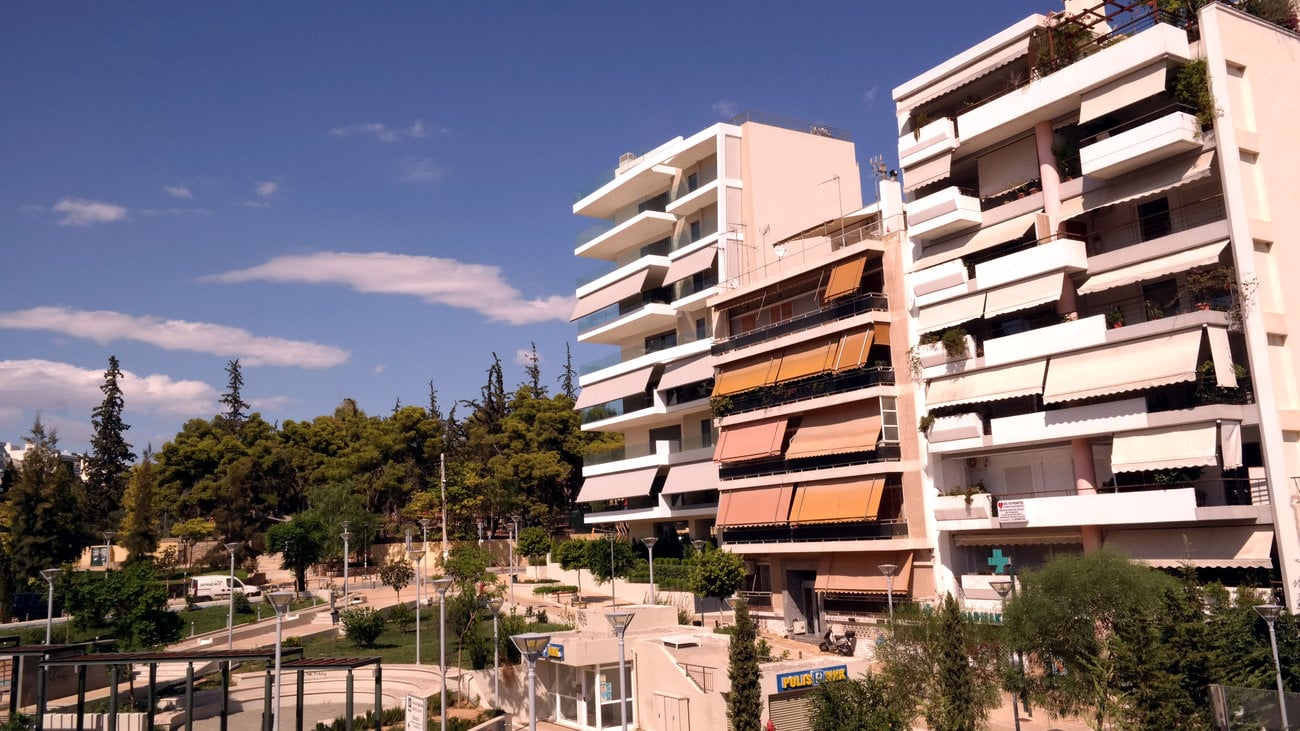PM upbeat after EU summit, sees recovery mid-2013
Prime Minister Lucas Papademos said he would be returning to Greece following the European Union leaders’ summit in Brussels on Friday “more hopeful” about the future as the EU has placed additional focus on growth, Nick Malkoutzis reported from Brussels.

Prime Minister Lucas Papademos said he would be returning to Greece following the European Union leaders’ summit in Brussels on Friday “more hopeful” about the future as the EU has placed additional focus on growth, Nick Malkoutzis reported from Brussels.
Prime Minister Lucas Papademos said he would be returning to Greece following the European Union leaders’ summit in Brussels on Friday “more hopeful” about the future as the EU has placed additional focus on growth, Nick Malkoutzis reported from Brussels.
“I return to Athens more hopeful as a result of the decisions taken at the summit,” Papademos said, adding that he expects the Greek economy to begin showing signs of recovery by mid-2013.
The focus shifted away from the Greek problem in Brussels on Friday with EU leaders examining broader problems. The leaders of all but two of the bloc’s 27 member states — Britain and the Czech Republic — signed a new treaty aimed at enforcing budget discipline within the EU.
Meanwhile sources indicated that the mood toward Greece had warmed after eurozone ministers expressed satisfaction with Greek efforts to push through reforms. Papademos noted that the emphasis of EU leaders on the importance of growth was a boon. “Growth is now Europe’s top priority. Decisions have been taken that will promote growth. This will help Greece exit from the crisis and will help with our fiscal consolidation,” he said.
Papademos also pledged the quicker and more effective absorption of EU structural funds to tackle “unacceptably high” unemployment. The European Investment Bank will be brought into a scheme to provide small and medium-sized businesses with capital funding, he added.
The premier said it was time to end the “vicious cycle” that the Greek economy finds itself in as a result of repeated austerity measures.
He identified several steps that could be taken to improve economic conditions: better use of structural funds, the completion of highway projects, the recapitalization of banks, more focus on renewable energy, exploration for fossil fuels, and improvements to tax collection.
The prime minister argued that the combination of the new bailout, structural reforms and use of EU funds would help lead the economy to recovery.
He added that he was confident that Greece’s debt restructuring, or PSI, with private bondholders to reduce debt by more than 100 billion euros would progress according to plan, noting that the “offer has attractive features.” He refused to be drawn on a comment by Luxembourg Prime Minister Jean-Claude Juncker referring to a “Plan B” for Greece if PSI does not succeed.
ekathimerini.com
ολες οι ειδησεις
- Ο Γιάννης Κότσιρας στο ευρωψηφοδέλτιο του ΣΥΡΙΖΑ;
- Ανάλυση POLITICO: «Γι’ αυτούς τους λόγους η Ουκρανία χάνει τον πόλεμο με τη Ρωσία»
- Η δύναμη της φύσης: 142 λίτρα νερό ανά τετραγωνικό μέτρο χτύπησαν το Ντουμπάι μέσα σε μία μέρα
- UEFA: «Δεν υπάρχει κανένα θετικό δείγμα ντόπινγκ σε ποδοσφαιριστή» – Στην δικαιοσύνη ο Ιωαννίδης για την παραπληροφόρηση
Ακολουθήστε το Newpost.gr στο Google News και μάθετε πρώτοι όλες τις ειδήσεις
Δείτε όλες τις τελευταίες Ειδήσεις από την Ελλάδα και τον Κόσμο, στο Newpost.gr








